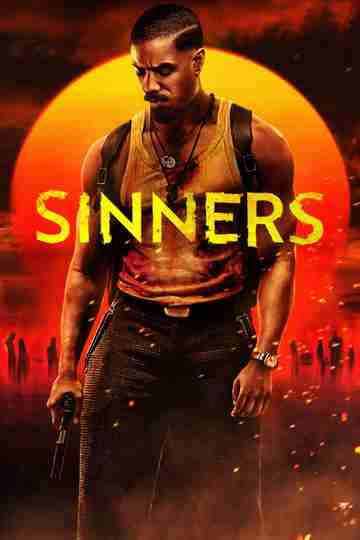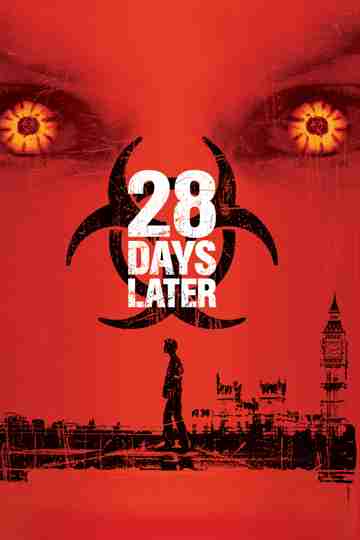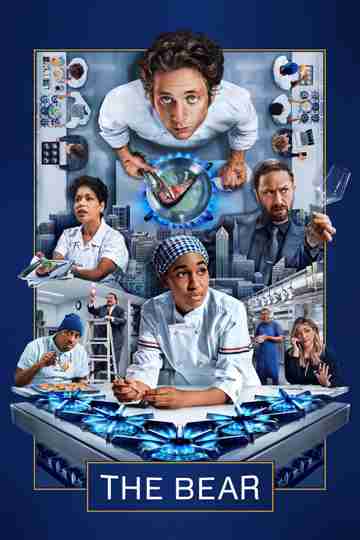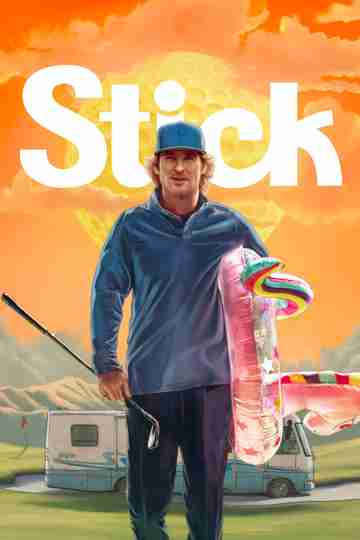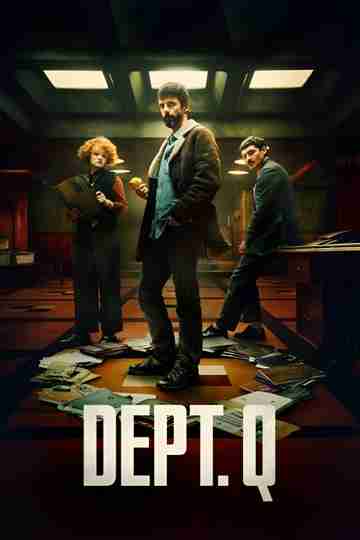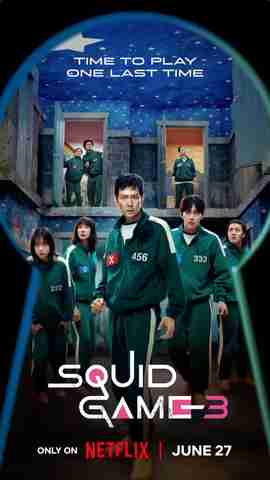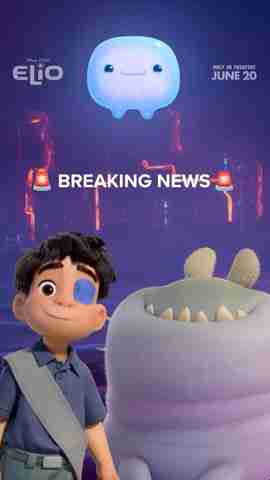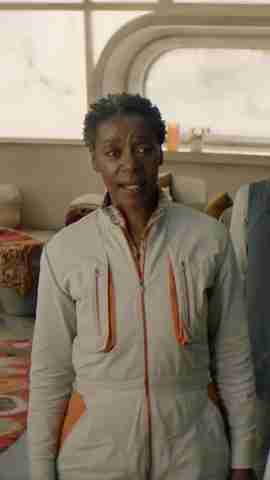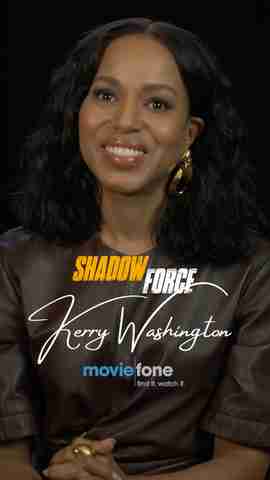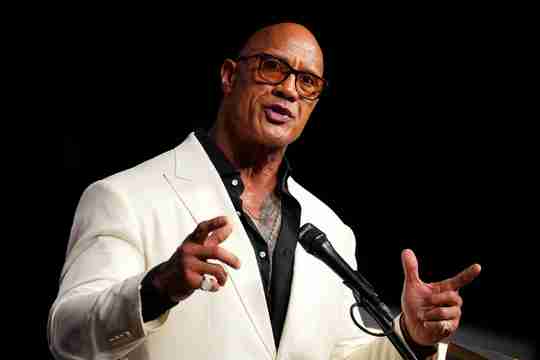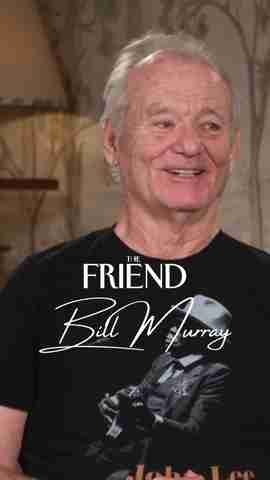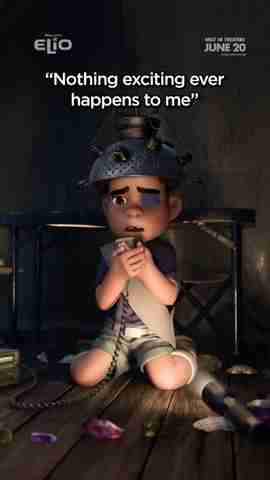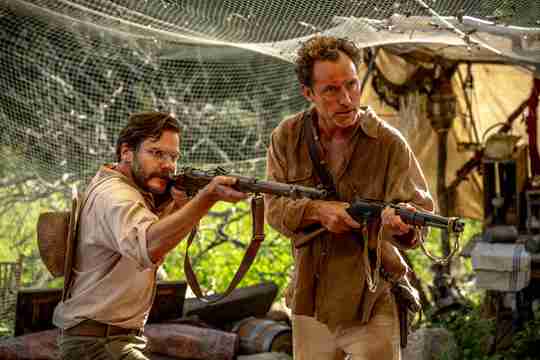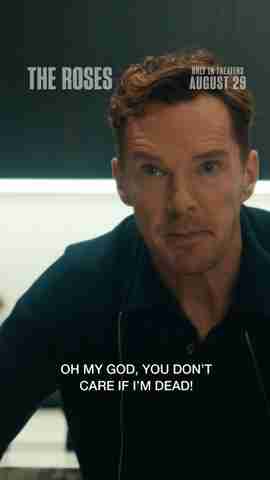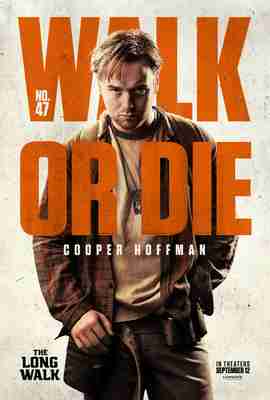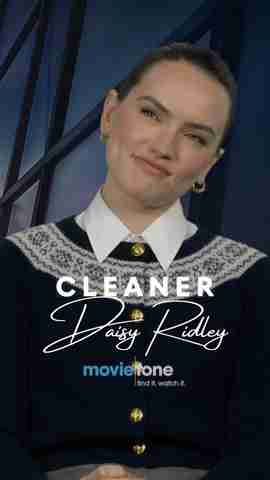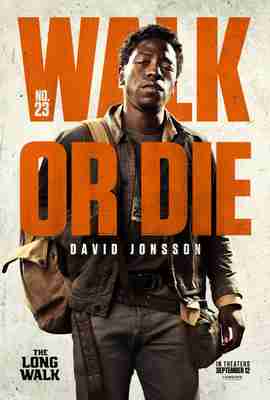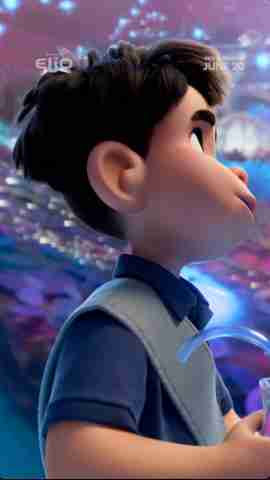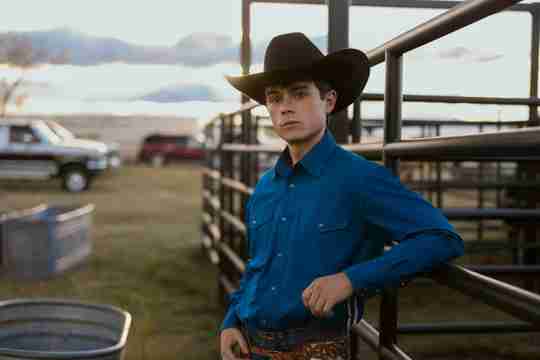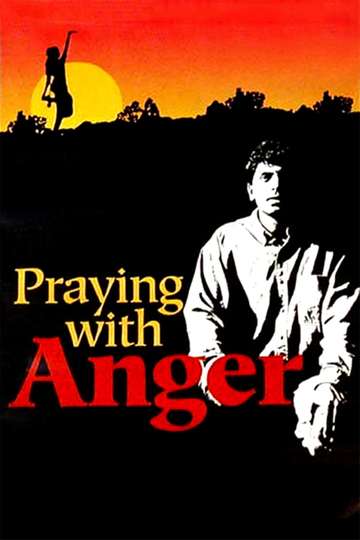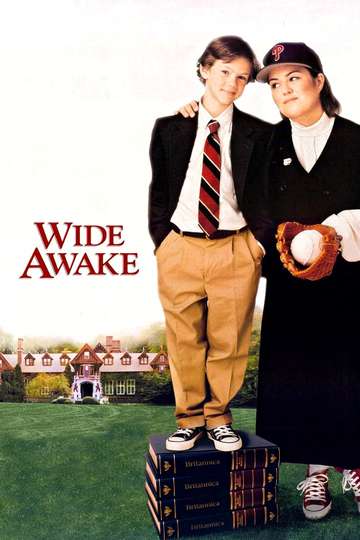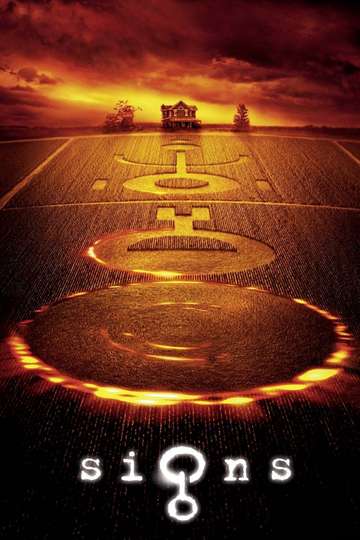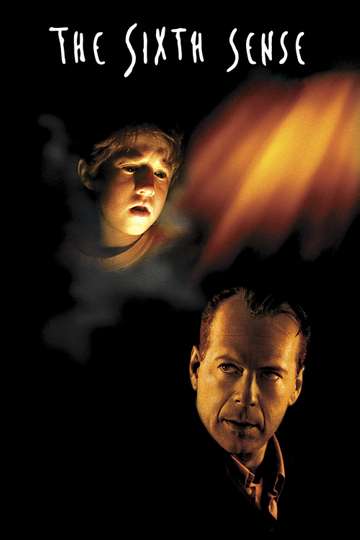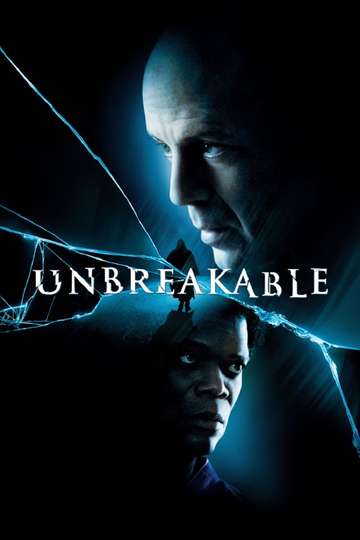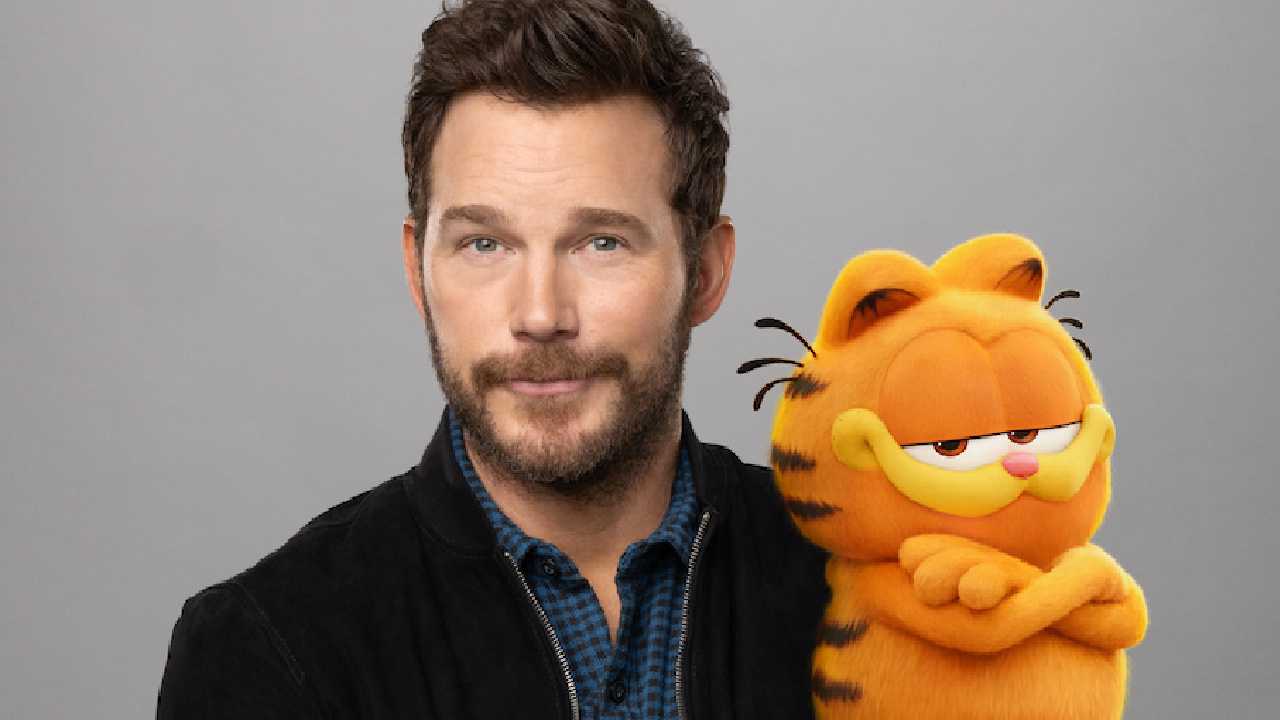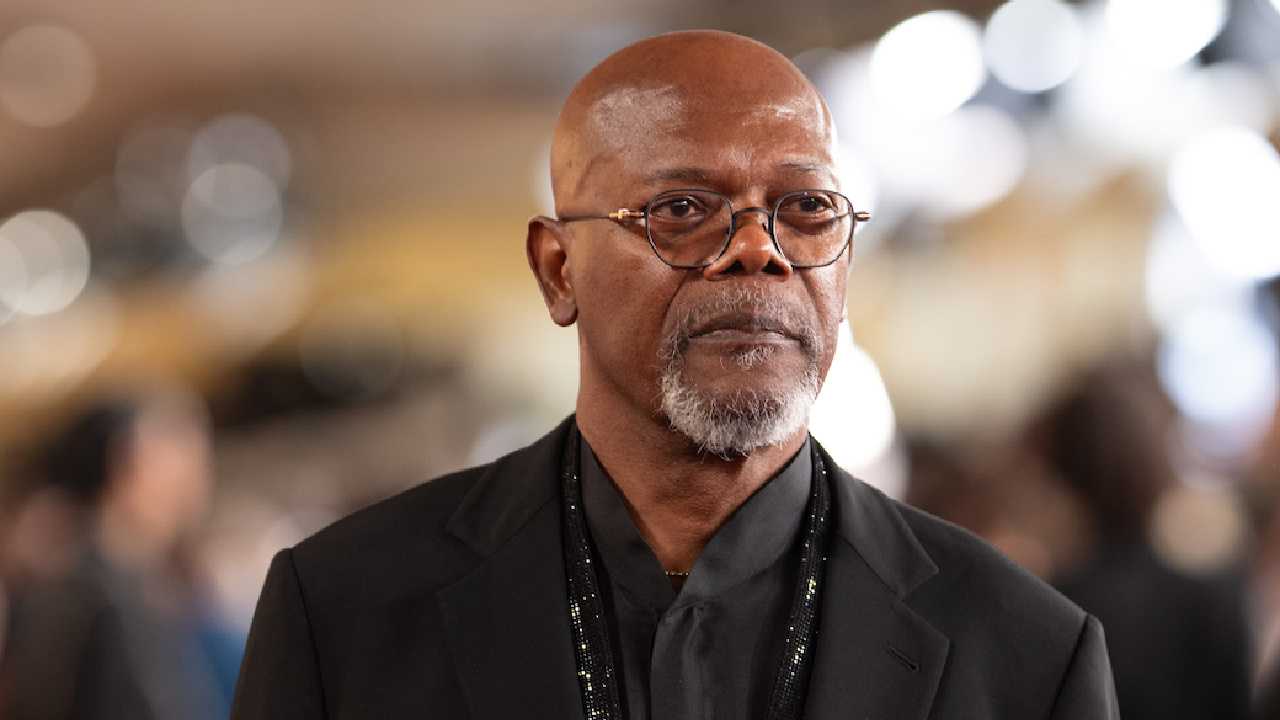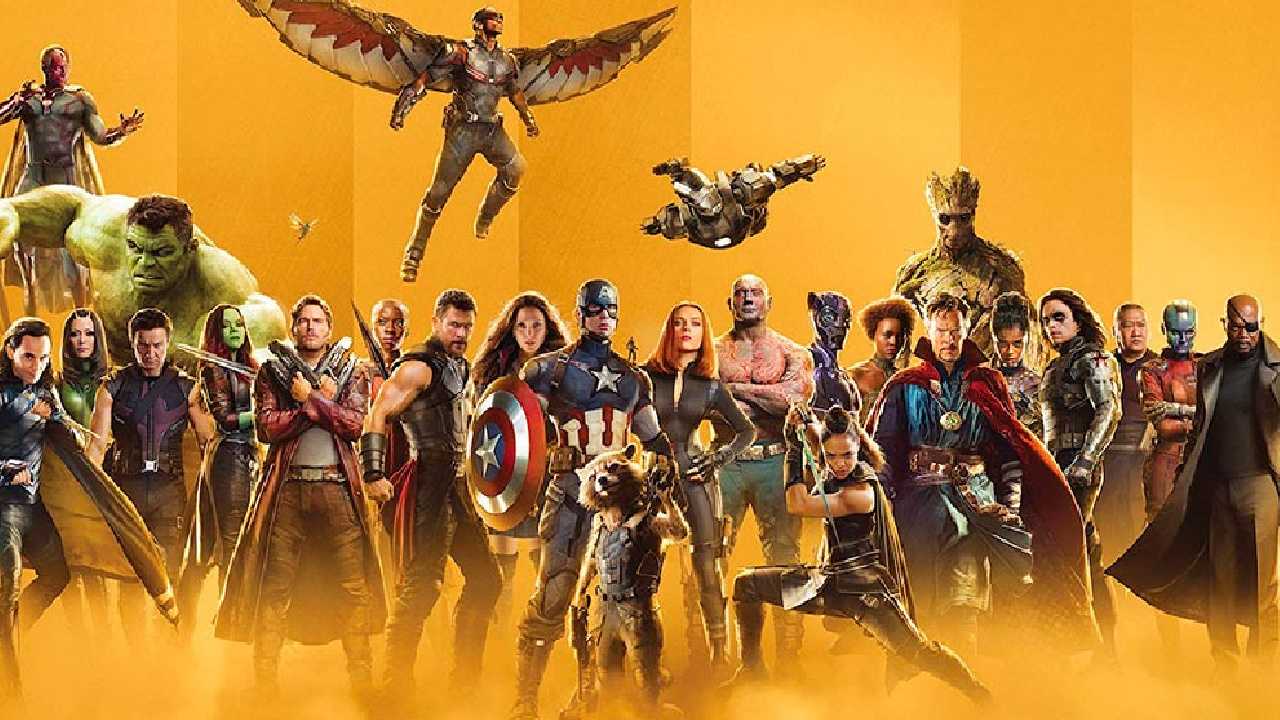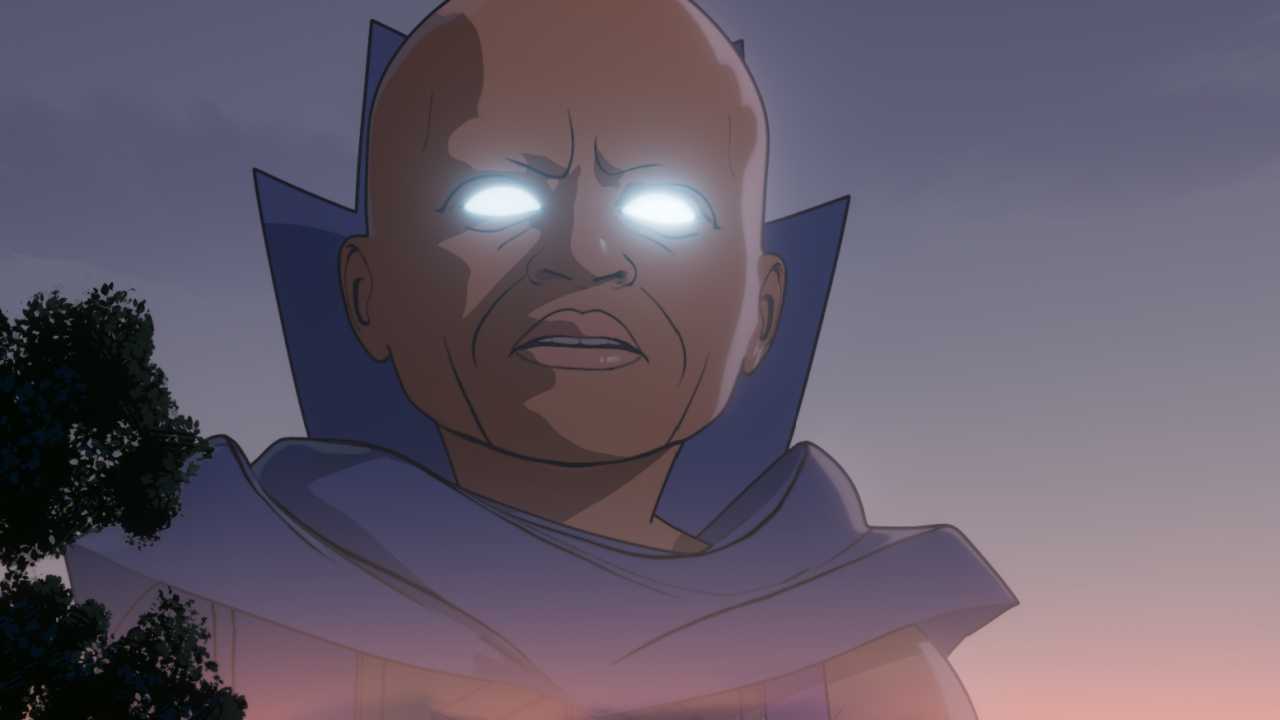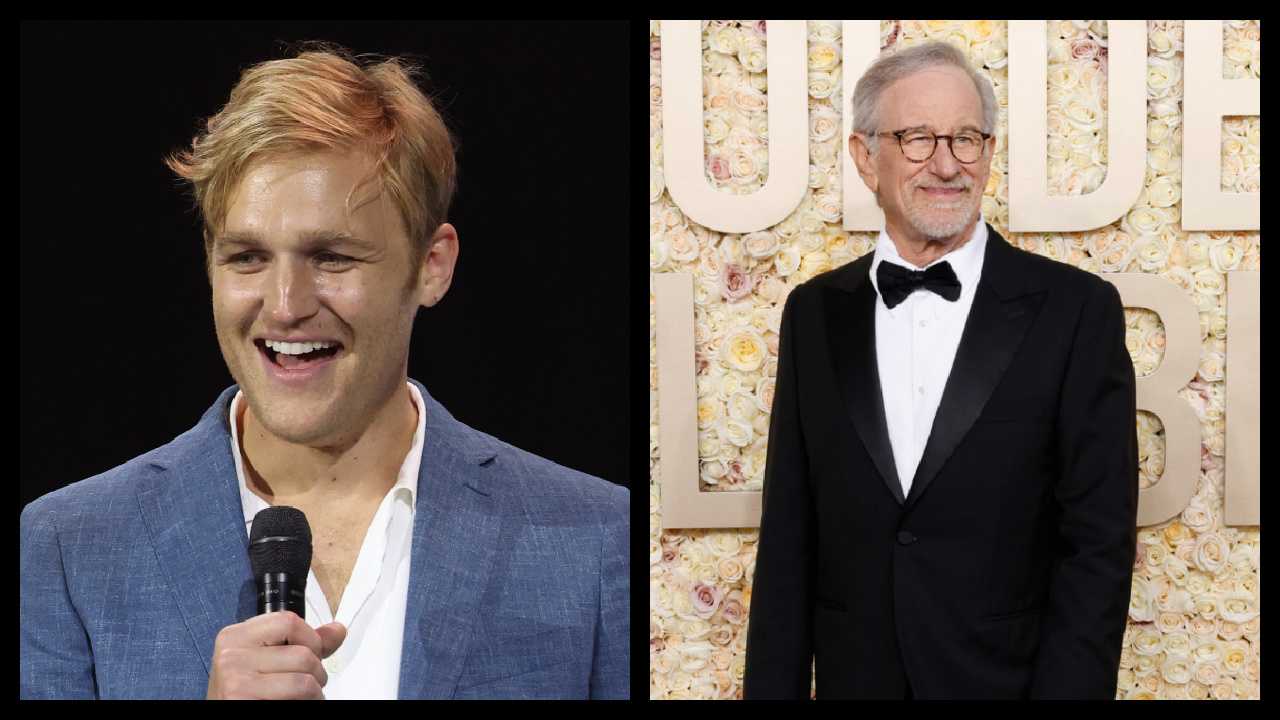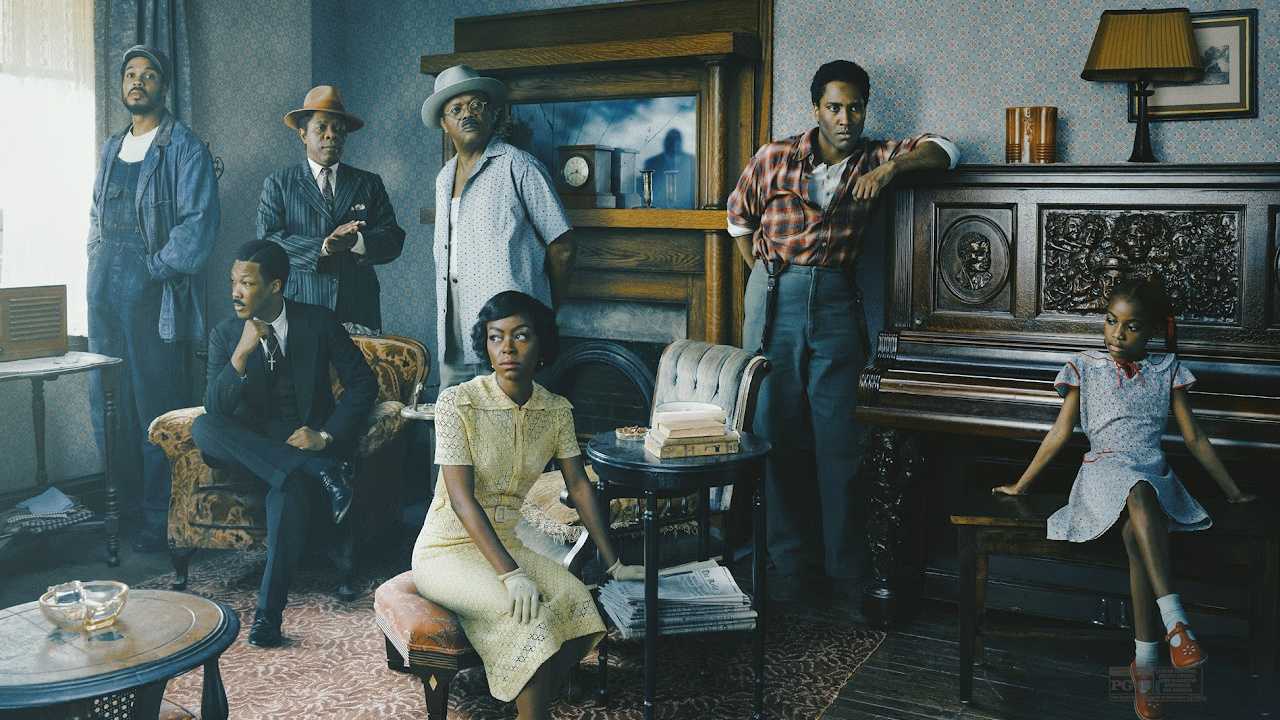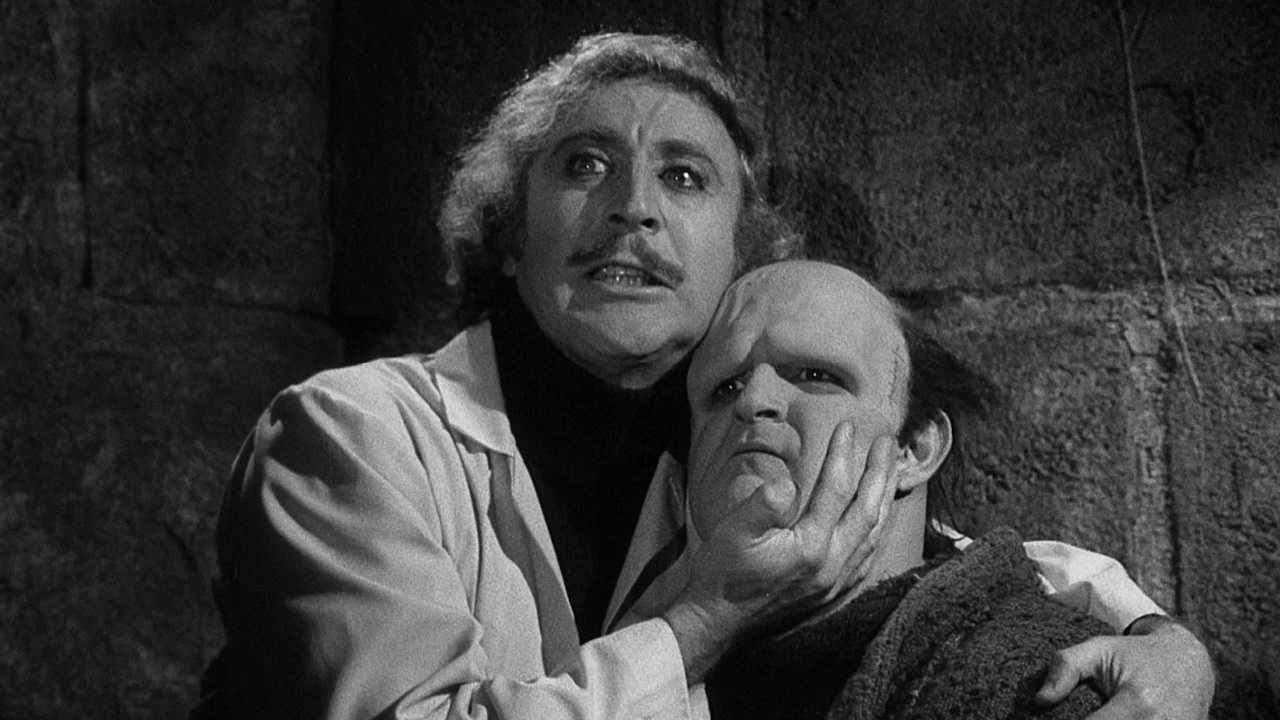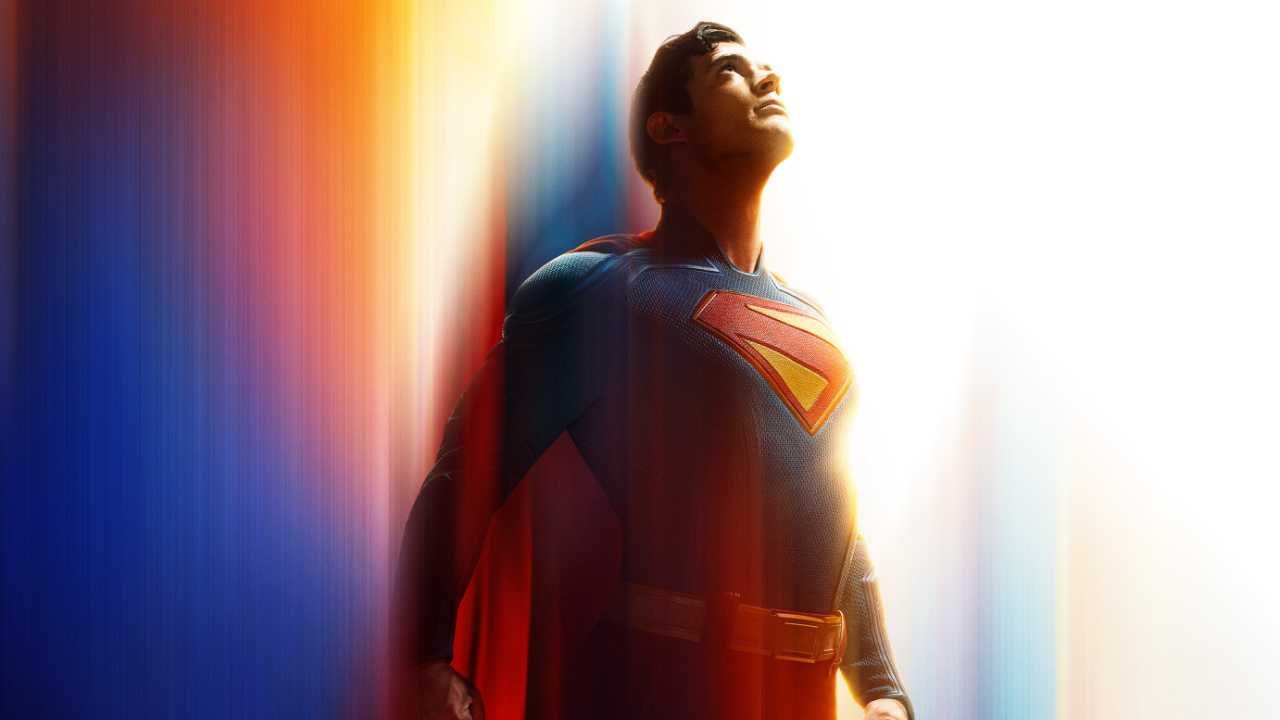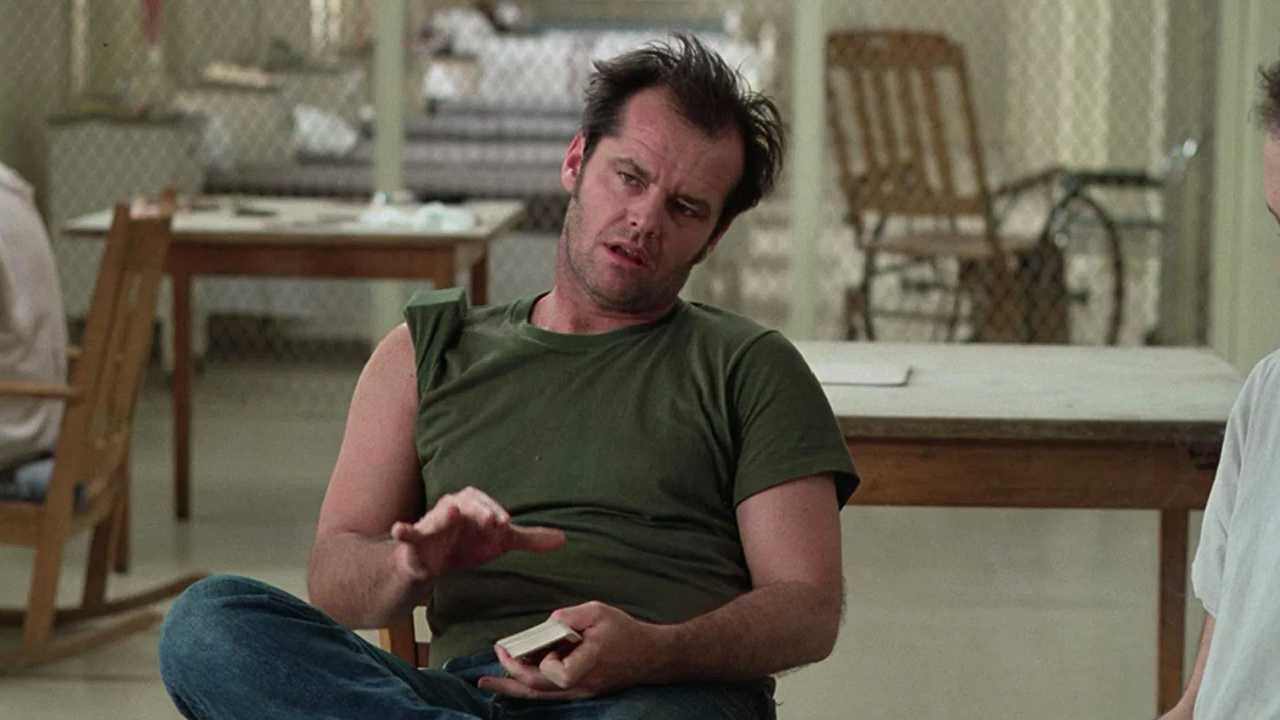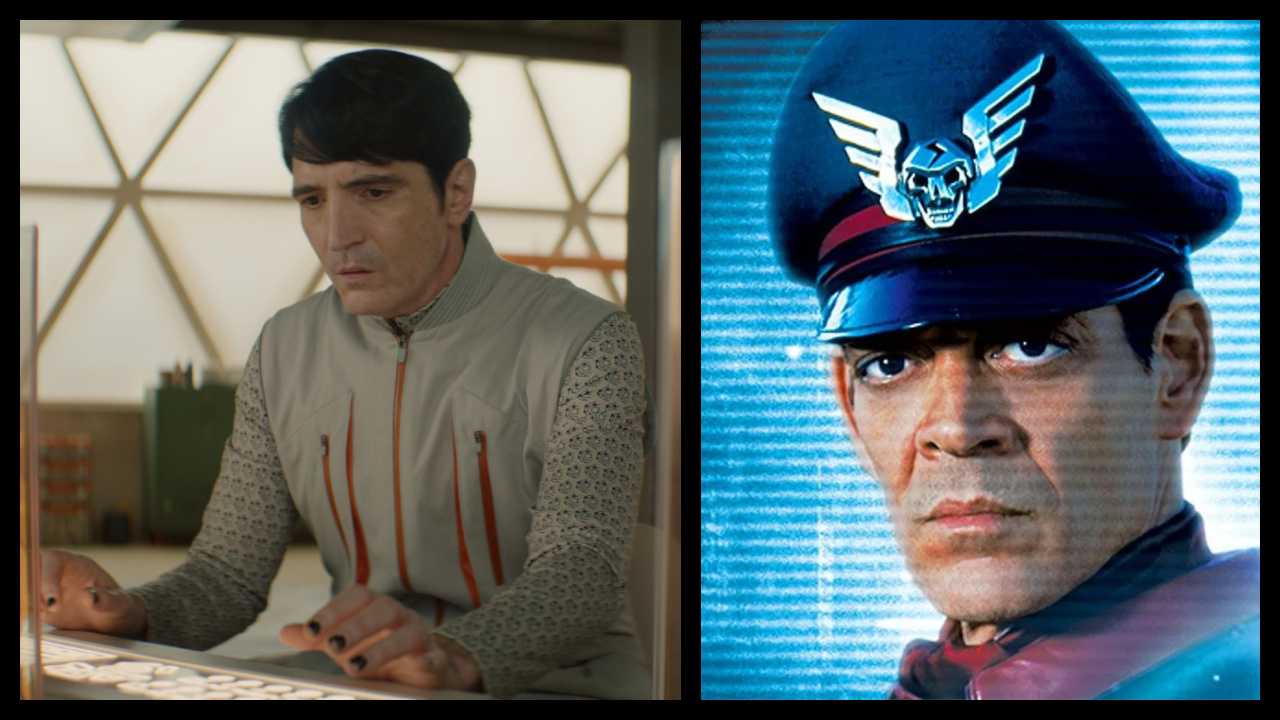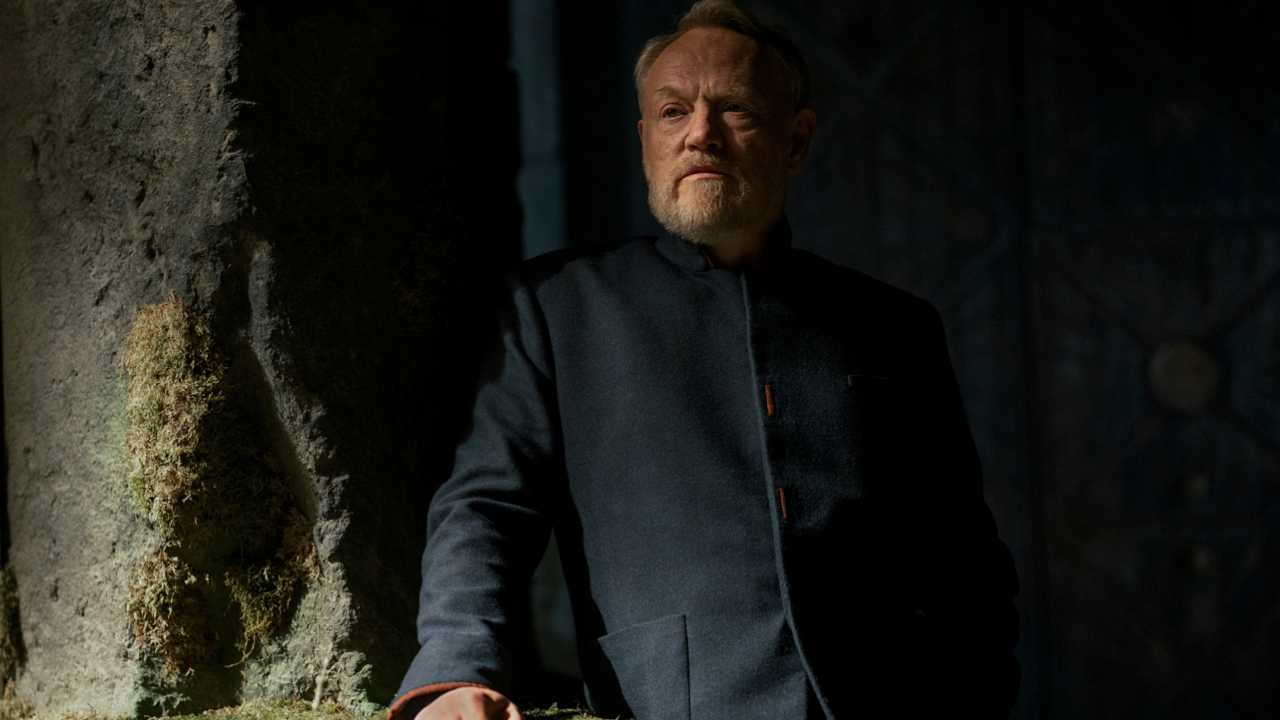Every M. Night Shyamalan Movie Ranked!
From 'After Earth' to 'Unbreakable,' Moviefone ranks every movie M. Night Shyamalan has directed, including 'Trap'.
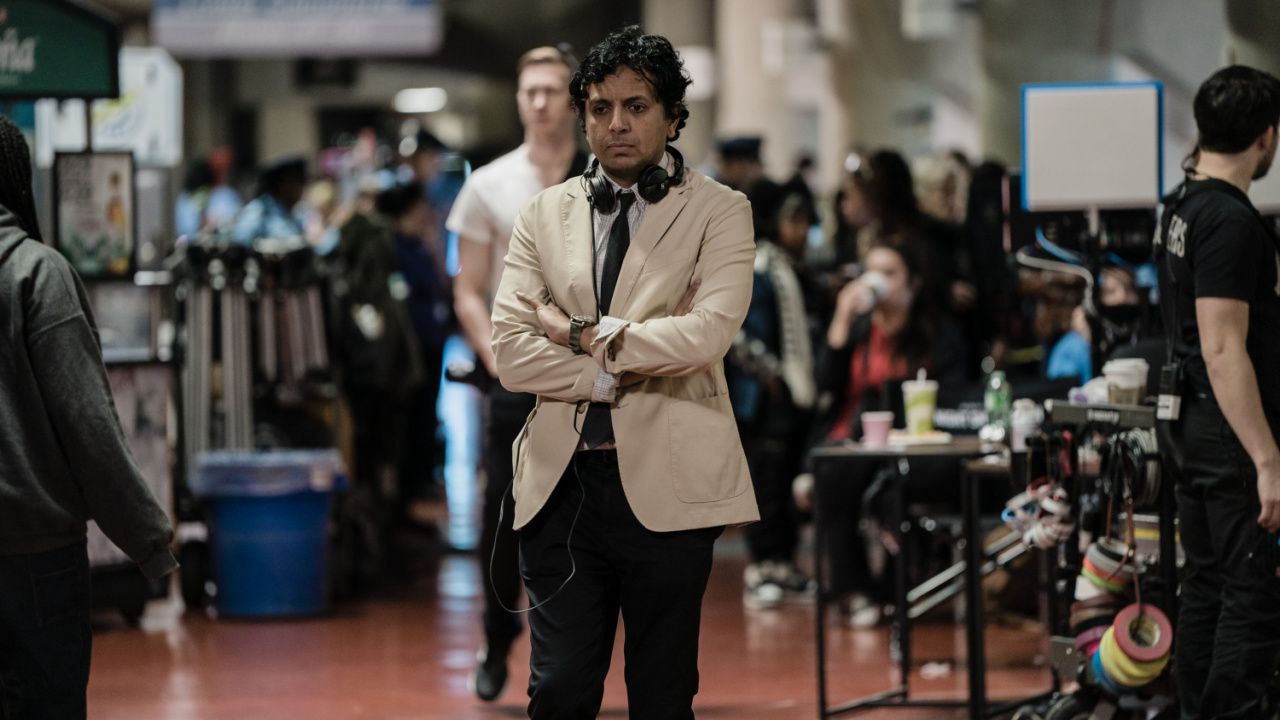
Director M. Night Shyamalan on the set of Warner Bros. Pictures’ crime drama thriller 'Trap,' a Warner Bros. Pictures release. Photo Credit: Sabrina Lantos. Copyright: © 2024 Warner Bros. Entertainment Inc. All Rights Reserved.
Director M. Night Shyamalan is one of the most original and visionary filmmakers of his generation.
Often compared to the great Steven Spielberg himself, Shyamalan burst on to the scene in the late 1990s with his Academy Award nominated blockbuster, 'The Sixth Sense.' Perfecting his signature "twist endings," Shyamalan has delighted fans with surprising films like 'Unbreakable,' it's sequels 'Split' and 'Glass,' 'Signs,' The Village,' 'Old' and most recently 'Knock at the Cabin.'
After four seasons of serving as director and showrunner on the Apple TV+ series 'Servant,' Shyamalan returns to the big screen with his latest thriller 'Trap,' which stars Josh Hartnett and opens in theaters on August 2nd.
In honor of its release, Moviefone has ranked every movie filmmaker M. Night Shyamalan has ever directed, including his latest.
Without further ado, let's begin!
16. 'After Earth' (2013)
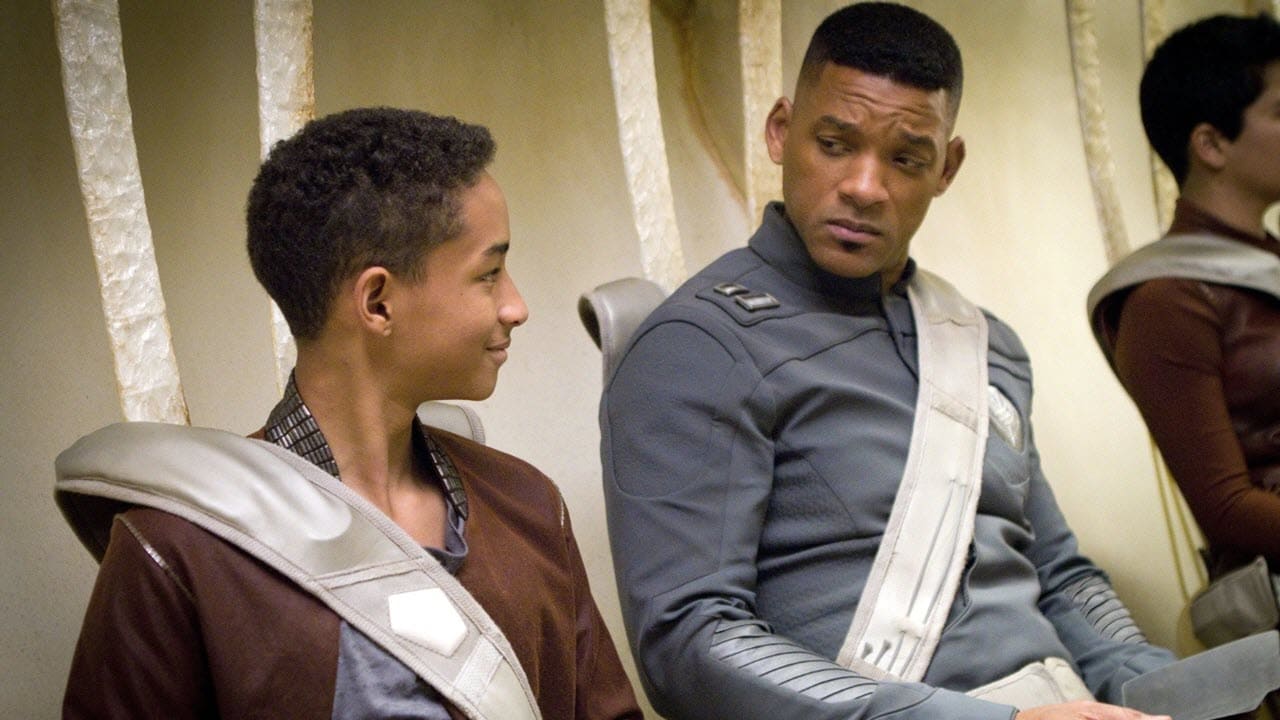
M. Night Shyamalan's 'After Earth'. Photo: Sony Pictures Releasing.
One thousand years after cataclysmic events forced humanity's escape from Earth, Nova Prime has become mankind's new home. Legendary General Cypher Raige (Will Smith) returns from an extended tour of duty to his estranged family, ready to be a father to his 13-year-old son, Kitai (Jaden Smith).
When an asteroid storm damages Cypher and Kitai's craft, they crash-land on a now unfamiliar and dangerous Earth. As his father lies dying in the cockpit, Kitai must trek across the hostile terrain to recover their rescue beacon. His whole life, Kitai has wanted nothing more than to be a soldier like his father. Today, he gets his chance.

15. 'The Last Airbender' (2010)
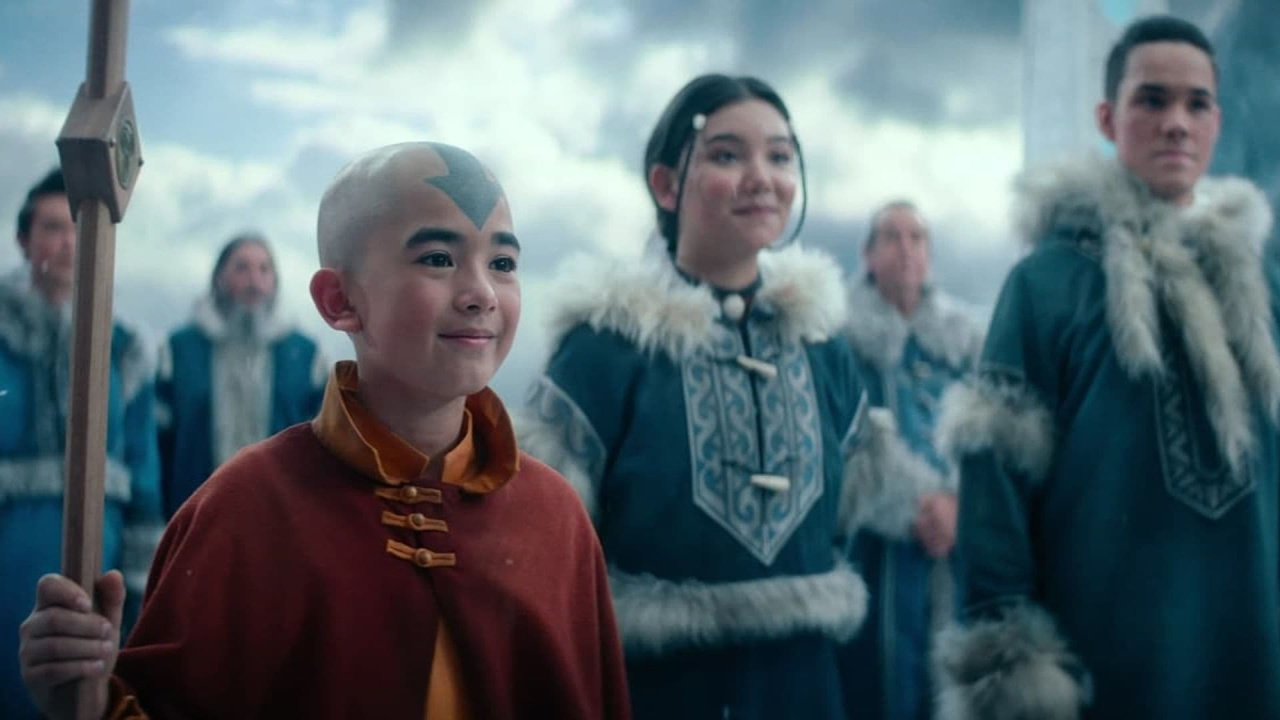
M. Night Shyamalan's 'The Last Airbender'. Photo: Paramount Pictures.
The story follows the adventures of Aang (Noah Ringer), a young successor to a long line of Avatars, who must put his childhood ways aside and stop the Fire Nation from enslaving the Water, Earth and Air nations.
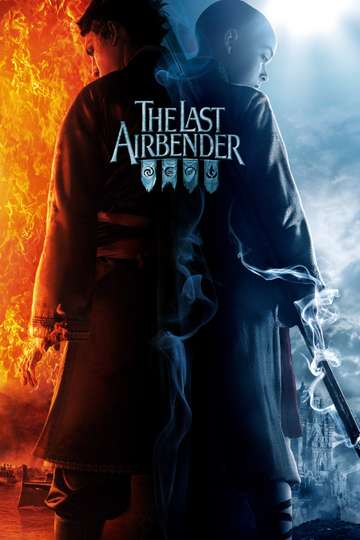
14. 'The Happening' (2008)
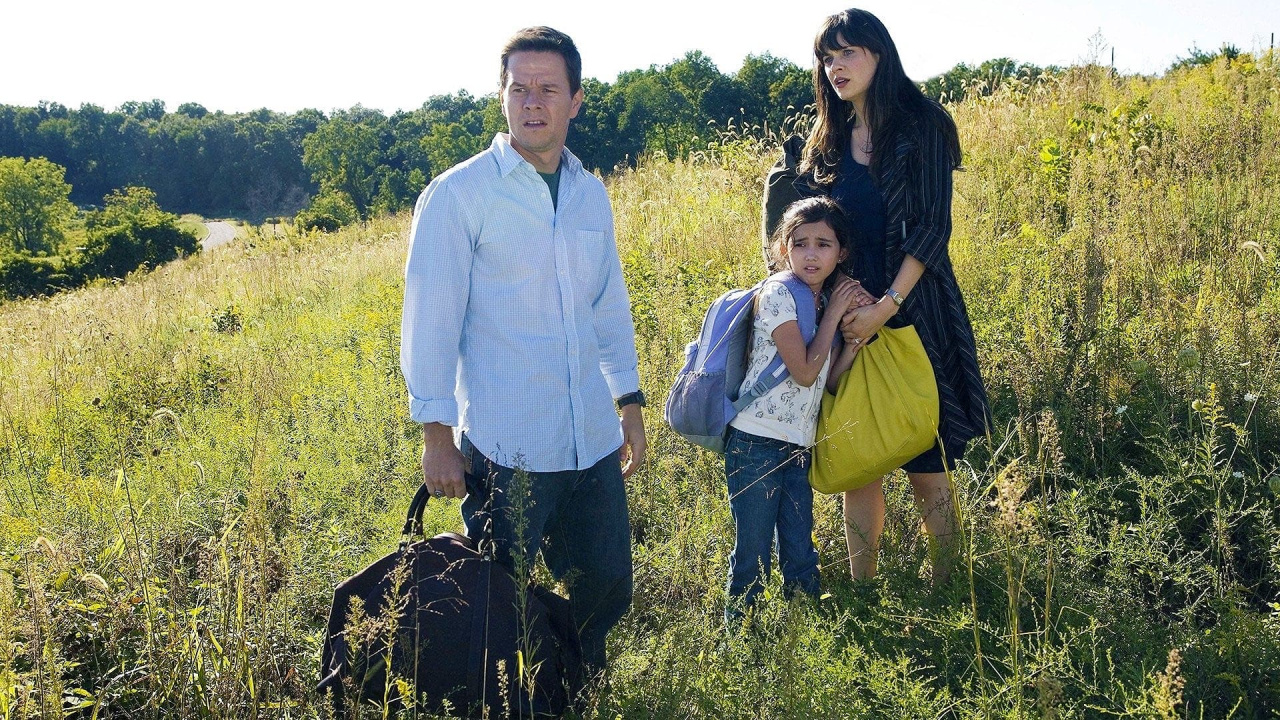
M. Night Shyamalan's 'The Happening'. Photo: 20th Century Fox.
When a deadly airborne virus threatens to wipe out the northeastern United States, teacher Elliott Moore (Mark Wahlberg) and his wife Alma (Zooey Deschanel) flee from contaminated cities into the countryside in a fight to discover the truth. Is it terrorism, the accidental release of some toxic military bio weapon -- or something even more sinister?
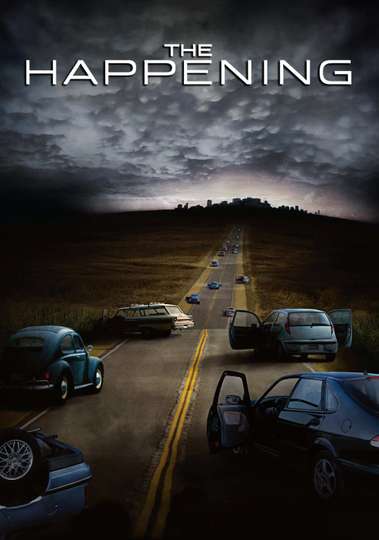
The Happening
13. 'Praying with Anger' (1992)
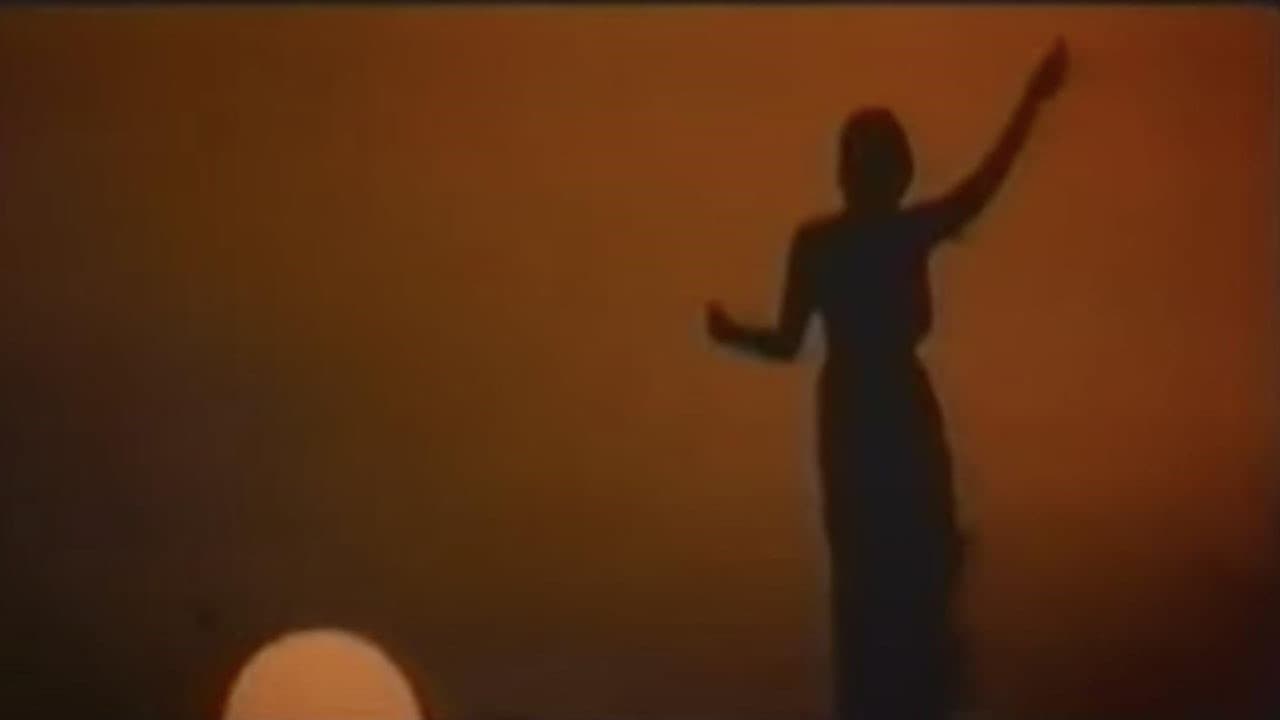
M. Night Shyamalan's 'Praying with Anger'. Photo: Cinevistaas.
An alienated, Americanized teenager (Shyamalan) of East Indian heritage is sent back to India where he discovers not only his roots but a lot about himself.
Praying with Anger
An alienated, Americanized teenager of East Indian heritage is sent back to India where he discovers not only his roots but a lot about himself. Read the Plot
12. 'The Visit' (2015)
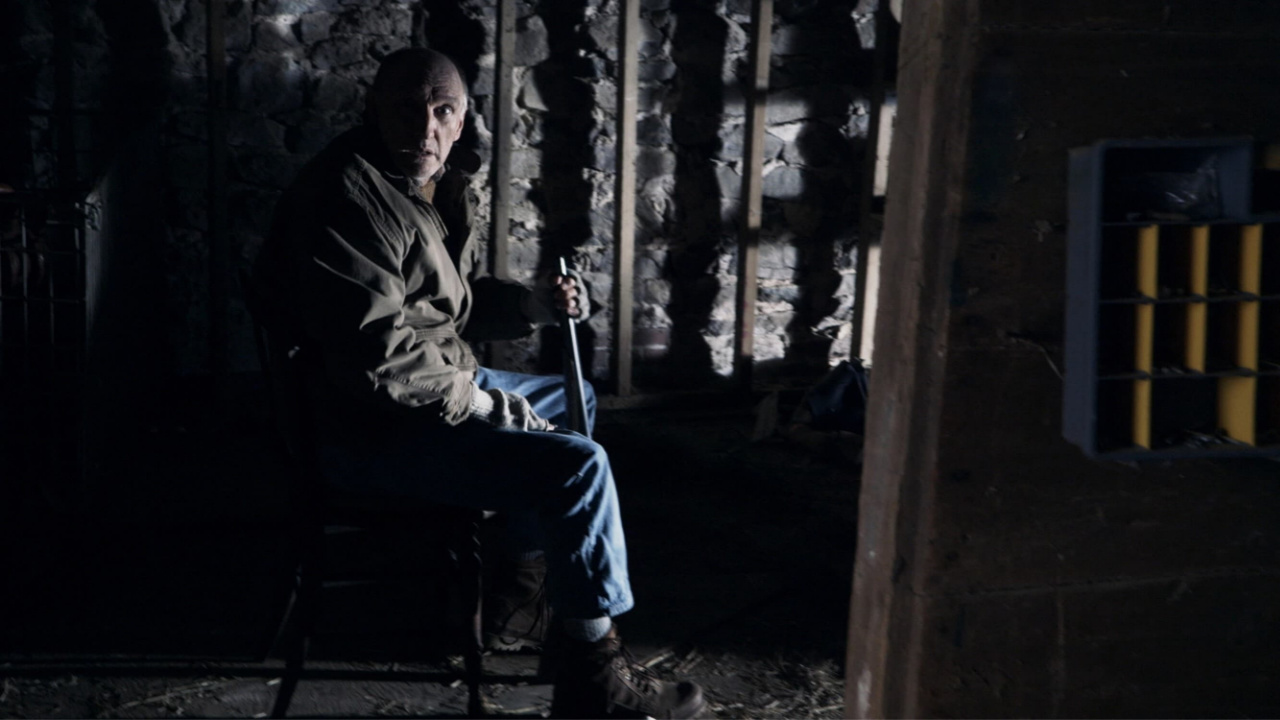
M. Night Shyamalan's 'The Visit'. Photo: Universal Pictures.
A brother (Ed Oxenbould) and sister (Olivia DeJonge) are sent to their grandparents' remote Pennsylvania farm for a week, where they discover that the elderly couple (Deanna Dunagan and Peter McRobbie) is involved in something deeply disturbing.
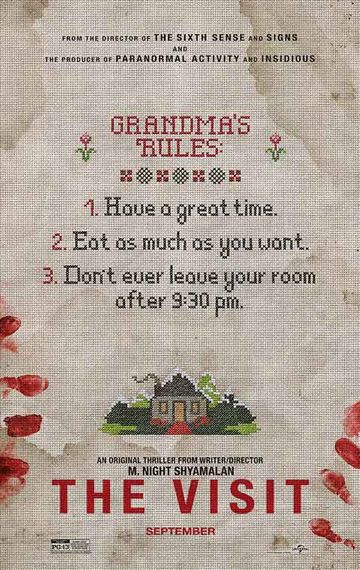
11. 'Lady in the Water' (2006)
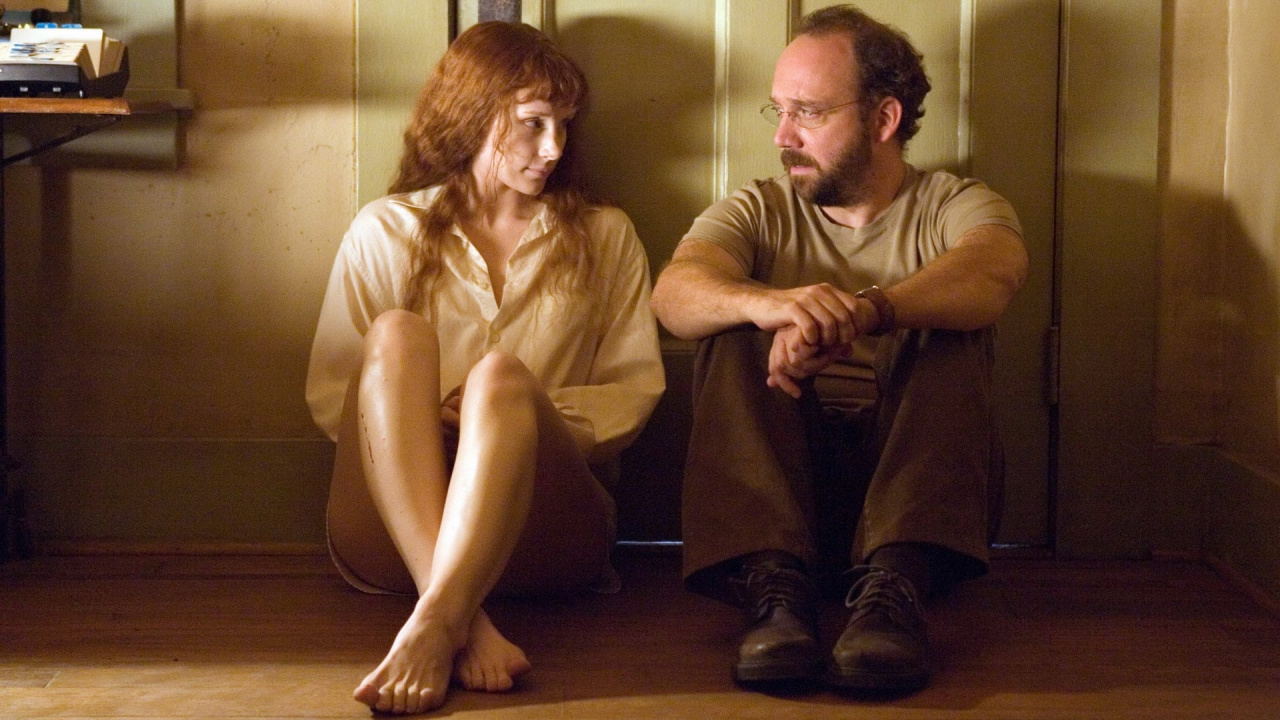
M. Night Shyamalan's 'Lady in the Water'. Photo: Warner Bros.
Apartment building superintendent Cleveland Heep (Paul Giamatti) rescues what he thinks is a young woman (Bryce Dallas Howard) from the pool he maintains. When he discovers that she is actually a character from a bedtime story who is trying to make the journey back to her home, he works with his tenants to protect his new friend from the creatures that are determined to keep her in our world.
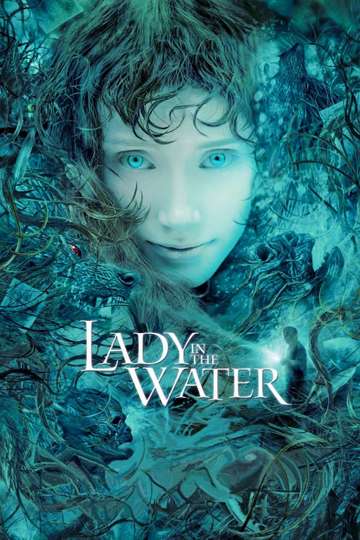
10. 'Wide Awake' (1998)
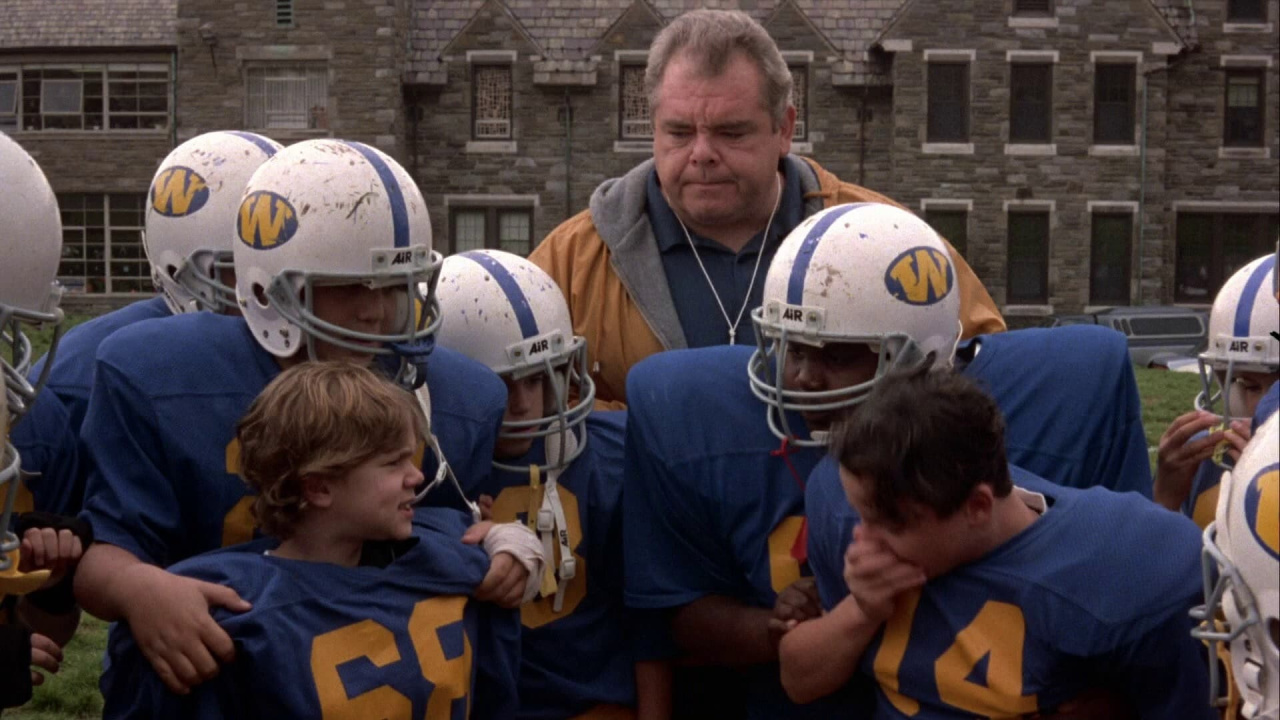
M. Night Shyamalan's 'Wide Awake'. Photo: Miramax Films.
The tale of a ten-year-old boy (Joseph Cross) in a Catholic school who, following the death of his beloved grandfather (Robert Loggia), embarks on a quest to discover the meaning of life.
Wide Awake
9. 'Old' (2021)

M. Night Shyamalan's 'Old'. Photo: Universal Pictures.
A group of families on a tropical holiday discover that the secluded beach where they are staying is somehow causing them to age rapidly – reducing their entire lives into a single day.

8. 'Split' (2017)

M. Night Shyamalan's 'Split'. Photo: Universal Pictures.
Though Kevin (James McAvoy) has evidenced 23 personalities to his trusted psychiatrist, Dr. Fletcher (Betty Buckley), there remains one still submerged who is set to materialize and dominate all the others. Compelled to abduct three teenage girls led by the willful, observant Casey (Anya Taylor-Joy), Kevin reaches a war for survival among all of those contained within him — as well as everyone around him — as the walls between his compartments shatter apart.
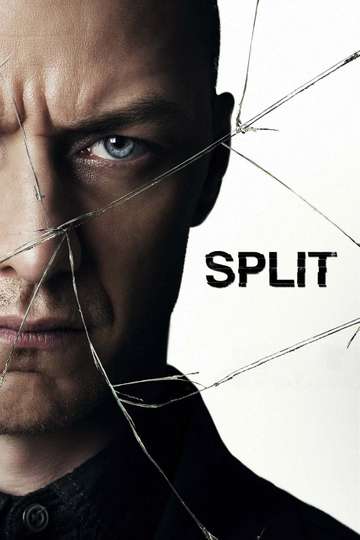
Split
7. 'The Village' (2004)
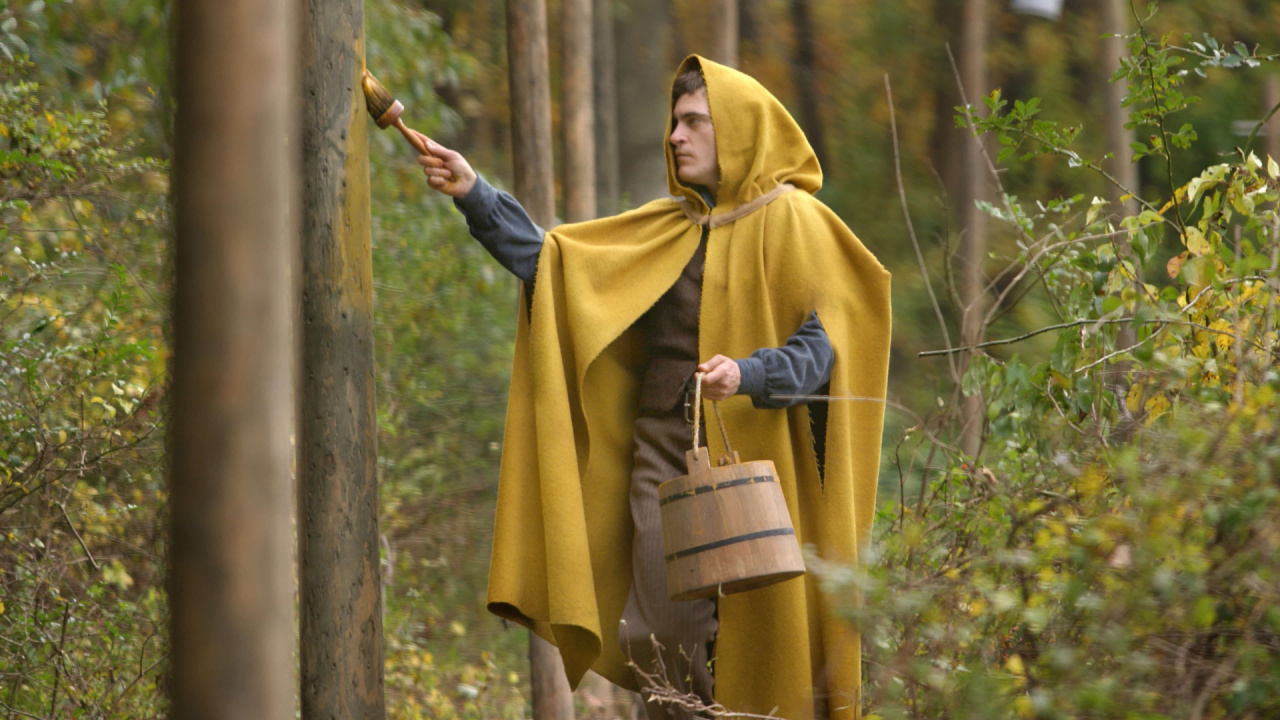
M. Night Shyamalan's 'The Villiage'. Photo: Buena Vista Pictures Distribution.
When a willful young man (Joaquin Phoenix) tries to venture beyond his sequestered Pennsylvania hamlet, his actions set off a chain of chilling incidents that will alter the community forever.

6. 'Glass' (2019)

M. Night Shyamalan's 'Glass'. Photo: Universal Pictures.
In a series of escalating encounters, former security guard David Dunn (Bruce Willis) uses his supernatural abilities to track Kevin Wendell Crumb (James McAvoy), a disturbed man who has twenty-four personalities. Meanwhile, the shadowy presence of Elijah Price (Samuel L. Jackson) emerges as an orchestrator who holds secrets critical to both men.
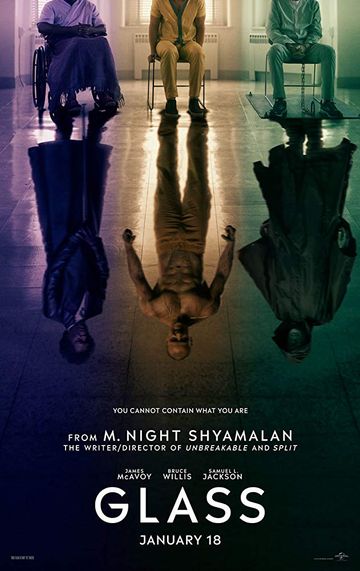
5. 'Trap' (2024)
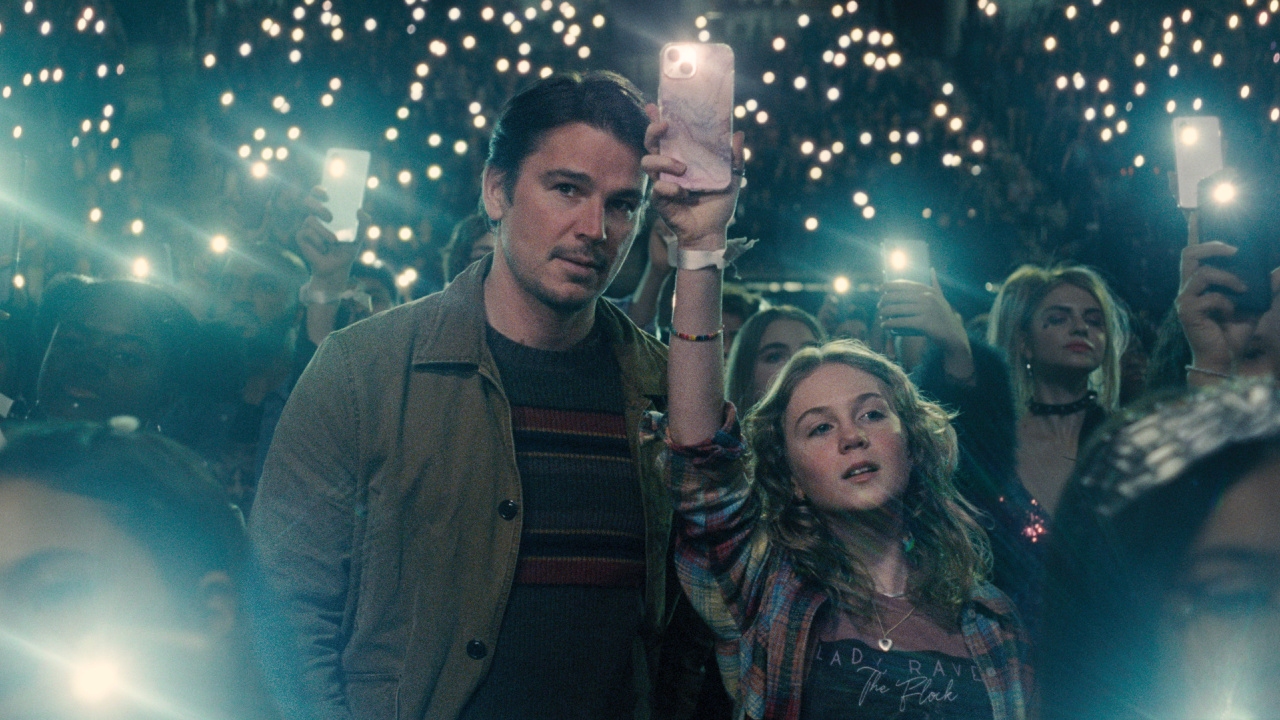
(L to R) Josh Hartnett as Cooper and Ariel Donoghue as Riley in Warner Bros. Pictures’ crime drama thriller 'Trap,' a Warner Bros. Pictures release. Photo Credit: Sabrina Lantos. Copyright: © 2024 Warner Bros. Entertainment Inc. All Rights Reserved.
A father (Josh Hartnett) and teen daughter (Ariel Donoghue) attend a pop concert, where they realize they're at the center of a dark and sinister event.
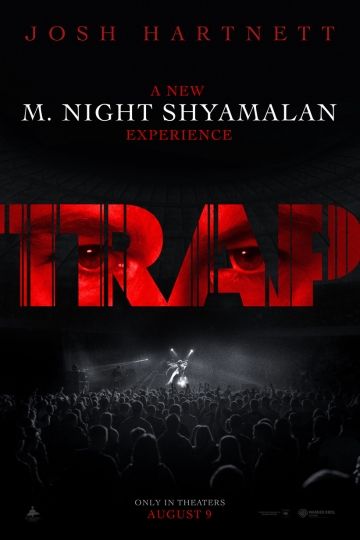
4. Knock at the Cabin (2023)
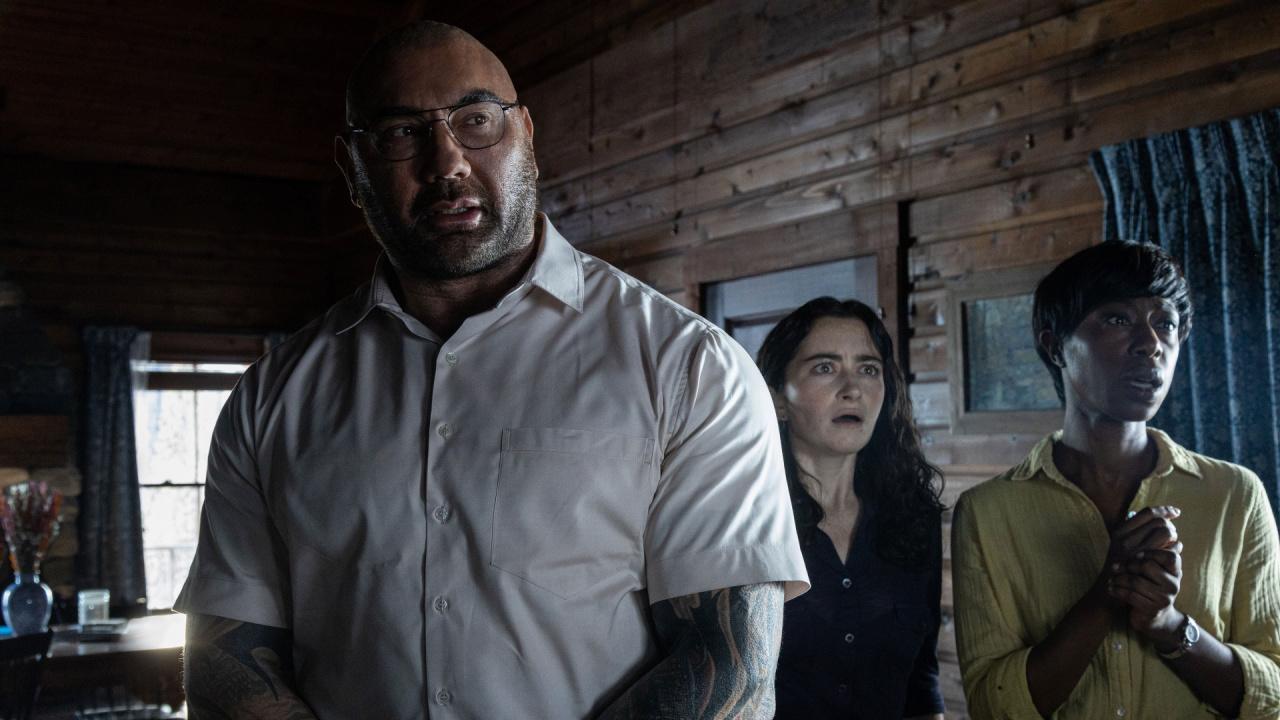
M. Night Shyamalan's 'Knock at the Cabin'. Photo: Universal Pictures.
While vacationing at a remote cabin, a young girl (Kristen Cui) and her parents (Jonathan Groff and Ben Aldridge) are taken hostage by four armed strangers (Dave Bautista, Nikki Amuka-Bird, Abby Quinn, and Rupert Grint) who demand that the family make an unthinkable choice to avert the apocalypse. With limited access to the outside world, the family must decide what they believe before all is lost.
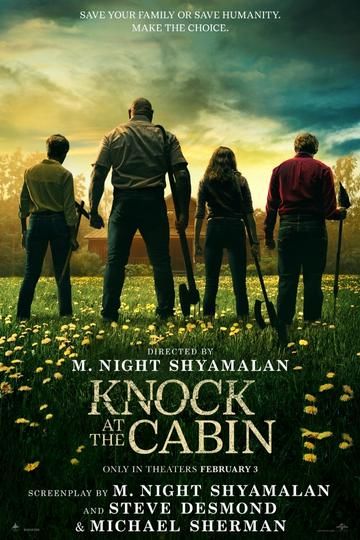
3. 'Signs' (2002)

M. Night Shyamalan's 'Signs'. Photo: Buena Vista Pictures Distribution.
A family (Mel Gibson, Joaquin Phoenix, Rory Culkin, and Abigail Breslin) living on a farm finds mysterious crop circles in their fields which suggests something more frightening to come.
2. 'The Sixth Sense' (1999)
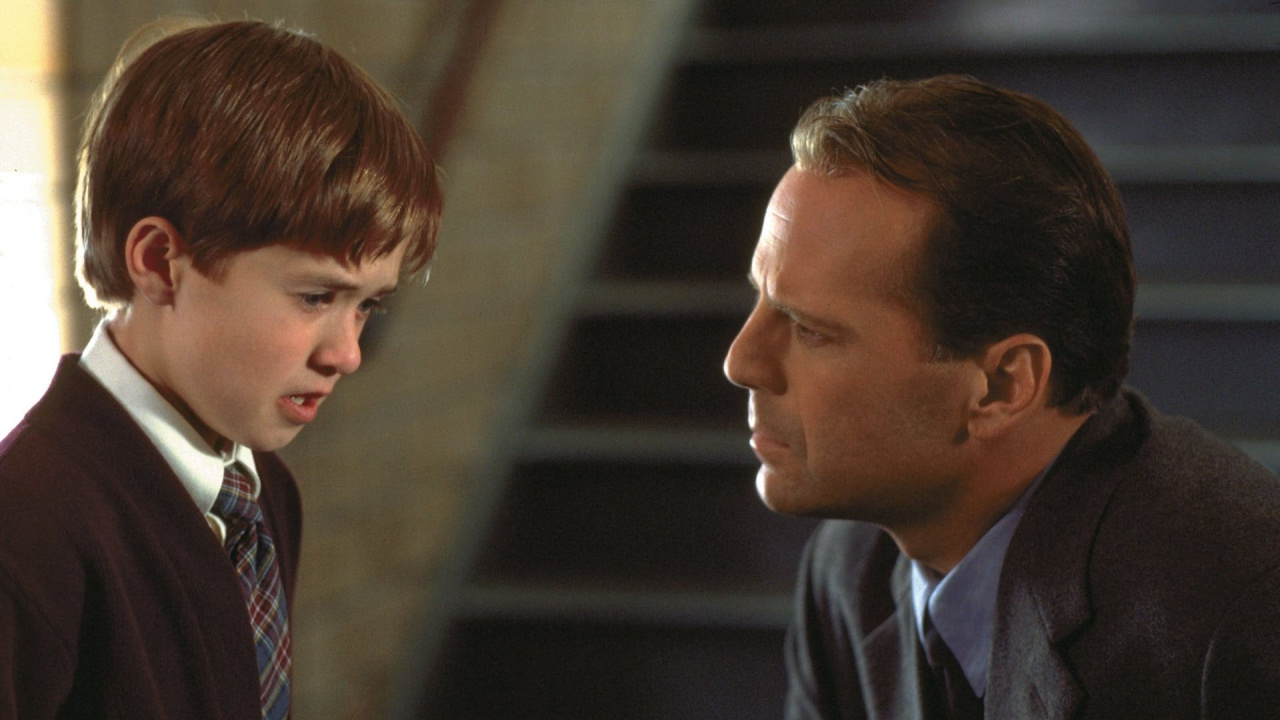
M. Night Shyamalan's 'The Sixth Sense'. Photo: Buena Vista Pictures Distribution.
Following an unexpected tragedy, a child psychologist named Malcolm Crowe (Bruce Willis) meets a nine year old boy named Cole Sear (Haley Joel Osment), who is hiding a dark secret.
1. 'Unbreakable' (2000)

M. Night Shyamalan's 'Unbreakable'. Photo: Buena Vista Pictures Distribution.
An ordinary man (Bruce Willis) makes an extraordinary discovery when a train accident leaves his fellow passengers dead — and him unscathed. The answer to this mystery could lie with the mysterious Elijah Price (Samuel L. Jackson), a man who suffers from a disease that renders his bones as fragile as glass

